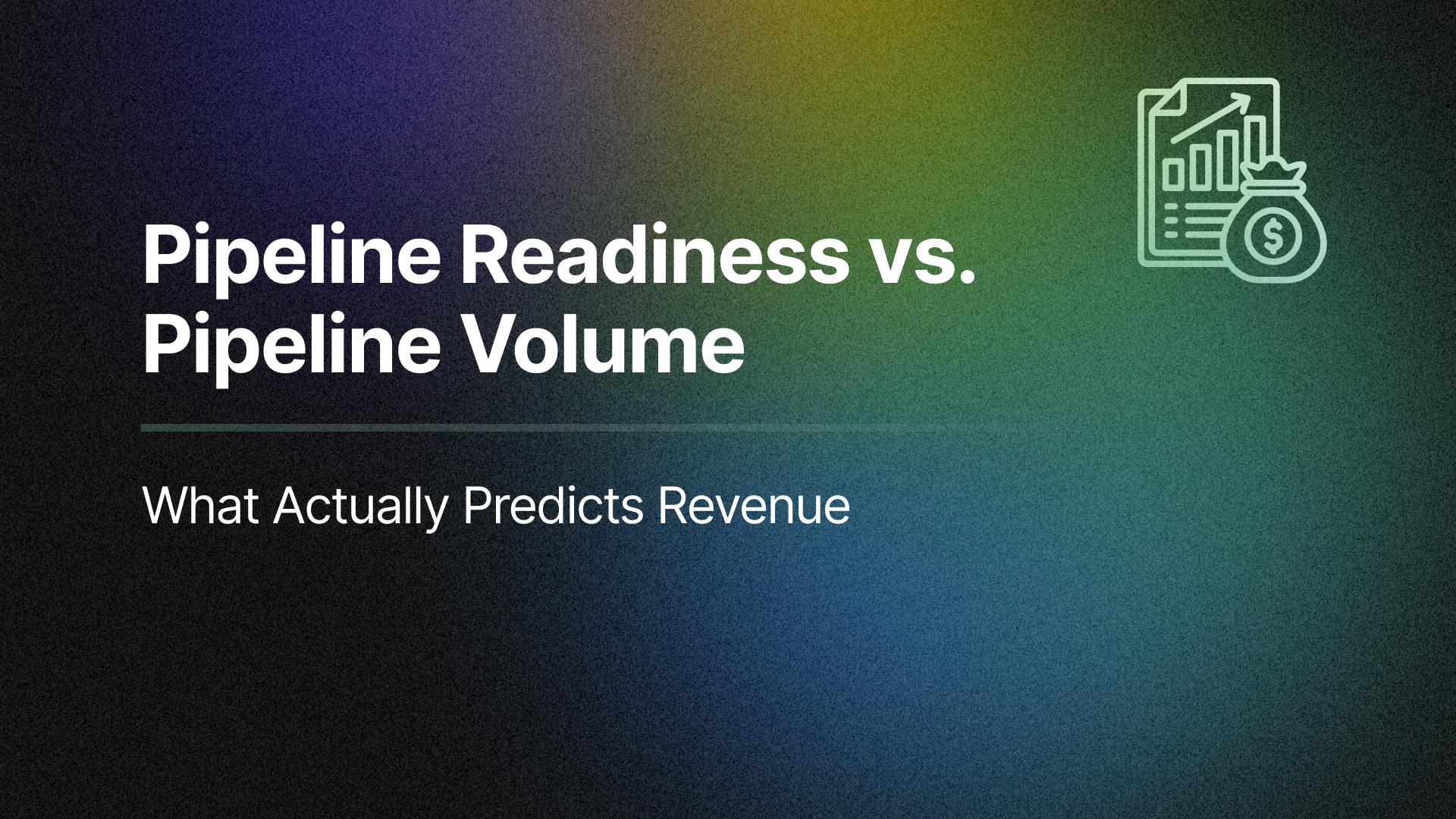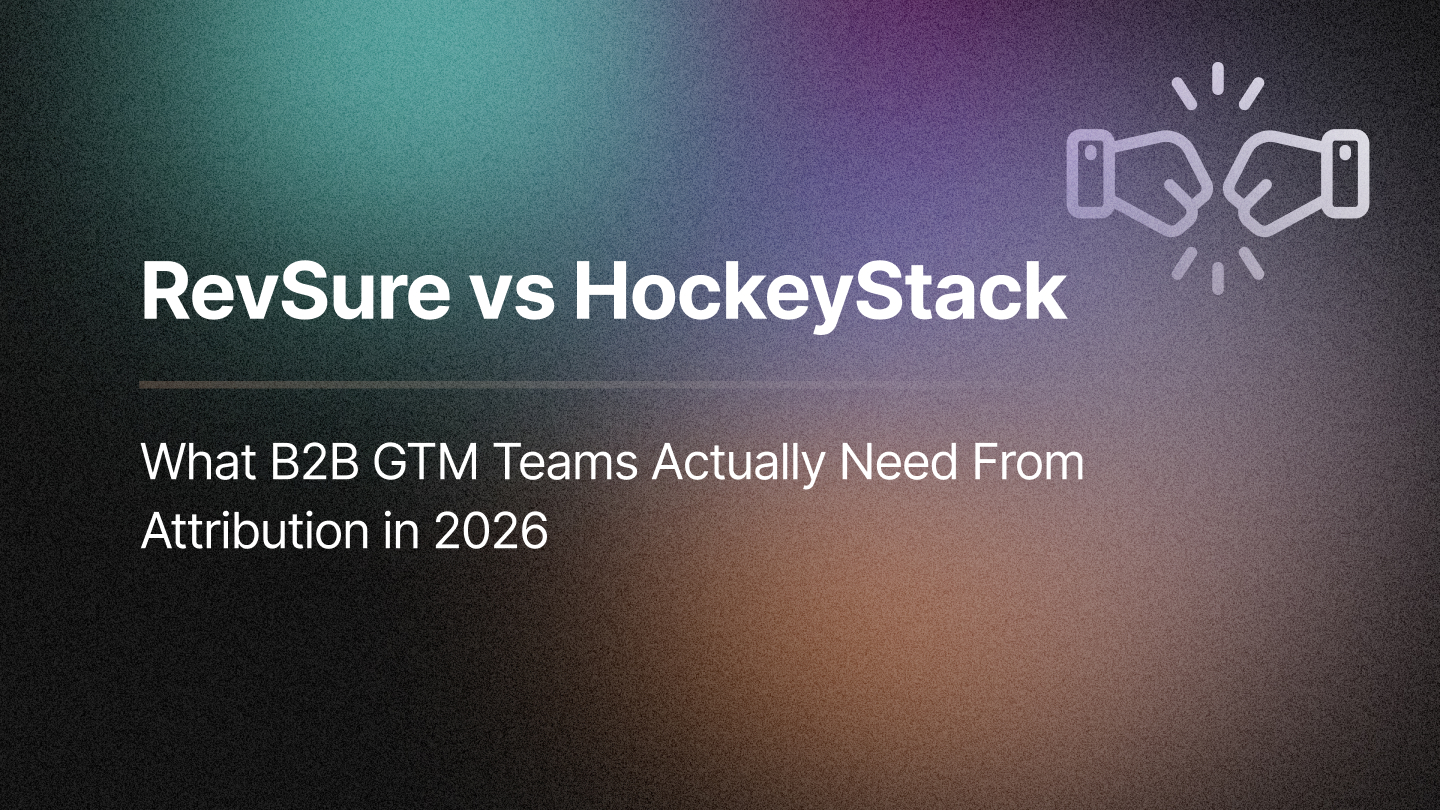As AI continues to transform industries, B2B marketing teams are increasingly focused on how to adapt. Marketers are turning to AI for enhanced personalization, efficiency, and creativity—but it’s not without challenges. A recent Salesforce report revealed that 75% of marketers are either experimenting with or have fully implemented AI, yet many still struggle with successful integration. How can B2B marketers effectively leverage AI to meet their goals while navigating these hurdles?
AI: The Power of Personalization at Scale
B2B buyers expect tailored interactions based on detailed data points such as behaviors, preferences, and past engagements. AI provides marketers with the tools to make this level of personalization possible. Predictive and generative AI are enabling marketing teams to better anticipate customer needs, automate workflows, and create content that resonates. As a result, high-performing teams are personalizing campaigns across multiple channels, driving deeper engagement and delivering more value to customers.
For example, RevSure’s Full Funnel Attribution solution powered by AI provides personalized, data-driven insights and next-best touch recommendations for each lead, account, or opportunity across multiple channels. This way, marketing teams can tailor campaigns to individual customer journeys, ensuring every interaction is timely and relevant.
The Data Challenge
While AI holds immense promise, its success hinges on access to clean, unified data. Unfortunately, many marketing teams are struggling in this area. The same Salesforce report shows that only 31% of marketers are fully satisfied with their ability to unify customer data, which directly impacts their ability to fully leverage AI’s capabilities. Without integrated, updated data from sales, BDR, ad platforms, and other platforms, AI-driven insights can be incomplete or outdated, leading to missed opportunities.
RevSure’s Full-Funnel Data Platform seamlessly integrates with the tech stack, harmonizing data through AI-powered resolution algorithms to eliminate duplicates and enhance data quality. The platform enables users to map, configure, and model data while offering comprehensive insights, such as Visitor Level Insights, to track conversions and optimize webpage effectiveness.
The need for reliable data is critical, particularly for B2B marketers who rely on complex buyer journeys that span multiple touchpoints. Data unification not only powers more accurate AI predictions but also helps teams analyze performance and optimize their campaigns in real time.
How High Performers Are Leading the Way
So, what differentiates high-performing marketing teams? Their ability to align AI with a strong data strategy. These teams prioritize data integration and security, giving them the edge when it comes to executing personalized, AI-powered campaigns. By focusing on both data quality and AI execution, high-performing marketers are reaping the rewards of greater efficiency and customer engagement.
The Path Forward for B2B Marketing Teams
For B2B marketers aiming to unlock the full potential of AI, the key is to move from planning to active implementation. Here are three critical steps for success:
1. Invest in Data Infrastructure: Investing in data infrastructure is critical for AI-driven success in B2B marketing. A strong data foundation enables AI to deliver precise insights, automate processes, and enhance personalization. To achieve this, marketing teams must prioritize integrating data from the entire tech stack to ensure that AI systems have access to accurate, real-time information. This unified data approach helps break down silos, allowing AI to generate more informed predictions and decisions. Without clean, integrated data, even the most advanced AI tools may produce incomplete or misleading results, hindering overall performance and growth.
2. Start with Specific AI Use Cases: When adopting AI, marketing teams should begin by focusing on specific, high-impact use cases to ensure a smooth transition and measurable success. Rather than attempting to overhaul the entire marketing strategy with AI, teams can start with use cases that address immediate needs, such as automating routine tasks like email segmentation, lead scoring, or customer support through chatbots. Another valuable area is predictive analytics, where AI can help forecast campaign performance or predict customer behavior. By starting small and scaling up gradually, marketing teams can refine their AI strategies, learn from early implementations, and drive value without overwhelming resources or processes.
3. Address Data Security and Trust Concerns: When adopting AI, data security becomes a top priority for B2B marketing teams. AI systems thrive on vast amounts of customer data, but this also heightens the risk of breaches or misuse. To ensure trust and compliance, teams must implement strong data protection measures, such as encryption, secure access protocols, and regular audits. Additionally, integrating AI with secure data practices helps maintain customer trust, prevents unauthorized access, and ensures compliance with regulatory standards like GDPR. Prioritizing data security not only safeguards sensitive information but also lays the foundation for successful AI adoption in marketing efforts.
Conclusion
The integration of AI and automation in B2B marketing is more than just a trend—it is reshaping how businesses engage, nurture, and convert leads. Companies that adopt AI-driven solutions are better equipped to make data-informed decisions, improve operational efficiency, and create hyper-personalized experiences that resonate with their target audiences. With AI, B2B marketers can move from reactive to proactive strategies, identifying opportunities and challenges before they arise.
The statistics speak for themselves: businesses that implement AI and automation report not only increased productivity but also a measurable impact on revenue. Companies using AI-based marketing tactics are seeing up to a 40% improvement in campaign efficiency and a 30% boost in customer engagement. As AI continues to evolve, its role in B2B marketing will become even more essential, offering deeper insights, smarter segmentation, and more streamlined operations.
mabl, a RevSure customer, saw a measurable boost in its marketing ROI by tapping into RevSure’s powerful AI-powered insights. Specific metrics like campaign performance and conversion rates improved, aligning perfectly with their strategic goals. RevSure’s recommendations on budget reallocation revealed potential opportunities for up to a 50% improvement in pipeline ROI. By leveraging these insights, mabl was able to optimize their marketing spend and enhance overall performance, proving that AI-powered solutions like RevSure are invaluable for companies looking to maximize their marketing investments.
Related Blogs







